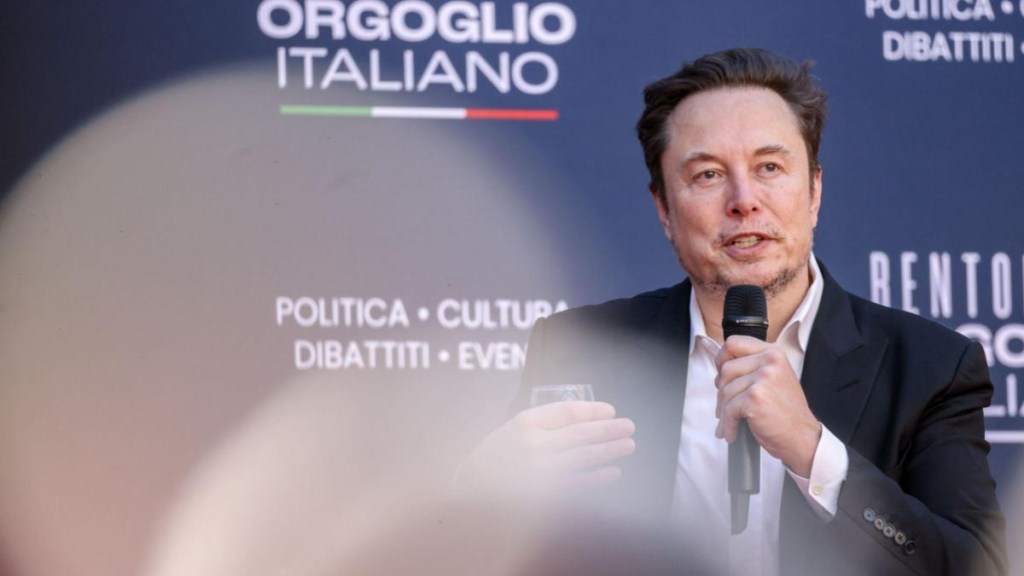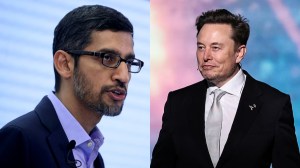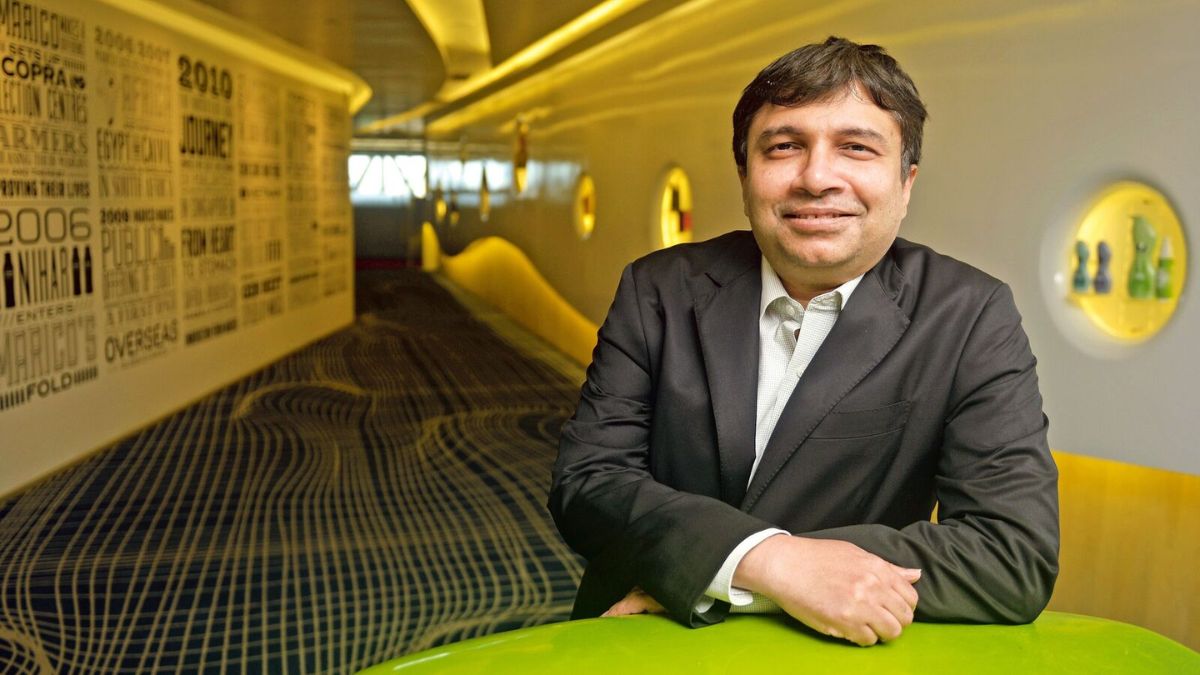By Shivaji Dasgupta
A dashingly crafted OTT series in the guise of a printed narrative, Ben Mezrich’s Breaking Twitter has something for everybody. The devilish evolution of corporate cultures, liberal infusion of lofty philosophy in routine business, an eternal skirmish between right and wrong, a chilling expose of influential genius encased by scary unpredictability, forecasting the destiny of civilisation and some eminently coherent human tales.
At its core, it is an account of Elon Musk’s passionate quest for controlling Twitter, from being a significant shareholder to acting as an irrational dictator. These are presented as witness narratives and deeply detailed accounts with the precision of a classical biographer. Jessica Kittery (manager, global sales), Yoel Roth (head of site integrity), Parag Agrawal (short-lived CEO), Sam Bankman-Fried (FTX fame), Fyodr Drovosky (Russian disruptor) and Leslie Berland (CMO) play crucial roles in forging the integrated narrative, adding potent slices of their back stories. As does Esther Crawford, chief of monetisation, who clawed her way to becoming the lead on the Blue Check project, a feisty subplot amongst many others. Deeply enriching the readability, the book is not a one-sided mirror imagery of the superhero.
An overriding aspect of Musk’s worldview is to be the fanboy of democracy and its closest ally, free speech. This is why he wants to liberate the platform from advertising revenues, pandering to Madison Avenue provoking avoidable censorship. His initial encounter with Jack Dorsey, founder, is obsessive about bots and trolls, leading to the necessity for verification. Elsewhere in the writing, he views himself as a saviour of civilisation, an agent of longevity with proof of concept being his Mars Mission, the SpaceX rocket programmes playing a guest appearance to articulate his creative diversity.
But this grandiose meaning is tempered by brazen acts of irrational impunity, compelling every sane reader to question the validity of his stated focus. The thoughtless termination of more than half of Twitter’s 7,500 employee base and a curt emailer to the rest threatening extraordinary hard work led to a severely curtailed operating team. This is a clear demonstration of a person blessed with chutzpah and vision but sans the managerial wisdom to sustain powerful momentum. Perhaps the success of tech-intensive Tesla clouded his judgment. Then there are his deeply impoverished interpersonal skills, alienating many and confusing all. In short, a culture breaker while attempting to be a cult maker.
Esther Crawford’s role in the tidings is particularly important in more ways than one. Like breaking the corporate norms of Twitter 1.0 to reach out to Musk directly and securing the privileged mandate to drive version 2.0 through the Blue Check project. An ambitious pricing plan of $20 a month was busted by none other than Stephen King, finally settling at $7.99. Musk’s irrational assessment that payment will be sufficient evidence for authenticity was shattered by a series of fake tweets, resulting in a vindication of Crawford’s strategy that physical verification was vital. Strangely heart wrenching, in the final chapters, is her realisation that the company was on a death spiral—the nausea of yesmanship and crippling purge of key people taking its due toll.
Equally distressing is the account of Yoel Roth, an instance of Musk’s insensitive eccentricities leading to the trust and security head unfairly projected as a paedophile. Then the expose of Dr Anthony Fauci, via the Twitter Files, the view on ‘pronouns’ leading to potential abuse of the LGBTQ community.
Dangerous strains of megalomania are articulated tellingly. Take the frenetic comparison of his 9.1 million response base to Biden’s 29 million, in the context of an Eagles victory tweet, which led to tweaking the algorithm by his own engineers, so that his tweets would be souped up by a factor of 1,000. The ban of ‘doxing’ (publicly providing personally identifiable information without consent) due to the stalking of his own 2-year-old son X and not as an outcome of earlier public outcries. The human appreciation received during the Qatar World Cup led to yet another colossal faux pas. In a self-created poll, 57% of Twitter users voted to get a new CEO (17.5 million voted while 363 million watched).
Breaking Twitter ably plays the double role of racy entertainment and stimulation of thought. A moody interplay of brilliance and irrationality turns out to be a clarion call for credible sanity. The constant validation of inexplicable acts by the gravitas of sublime purpose acts as a thoughtful warning bell. In many ways, this is a demonstration of the frailties of our times, where institutions and actors can change course anytime anywhere, with no compulsion of reason.
For those in the know, Musk comes across as a heady blend of Howard Hughes, the aviator, and Adenoid Hynkel, Charlie Chaplin’s fictional Great Dictator. Audacious sparks of proven brilliance leading to unachievable ambitions, justified charmingly by gigantic self-image. Ben Mezrich has lovingly crafted such strains of addictive reality with the flair of persuasive fiction.
Book: Breaking Twitter: Elon Musk and the Most Controversial Corporate Takeover in History
Author: Ben Mezrich
Pan Macmillan
Pp 352, Rs 899
The author is an autonomous brand consultant and writer.








